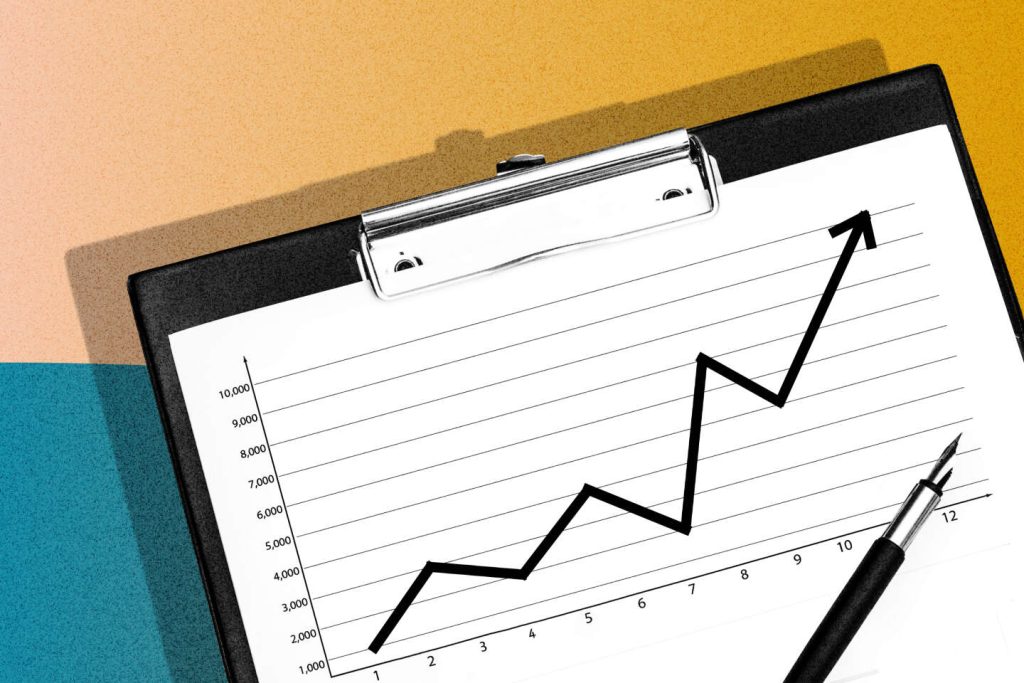In spite of a trend towards improvement, gender inequalities persist in companies. This is one of the findings of the 2024 ranking by Equileap, a company that provides data on global companies listed on the stock exchange with a market capitalization exceeding 2 billion dollars. The report highlights that France (57%), Spain (56%), and the United Kingdom (54%) are the top three developed countries in terms of gender equality in 2023, and also notes that only 7% of CEOs are women. Financially, Morningstar agency notes that 46 global funds are currently focusing on gender diversity, with assets under management increasing from 2.20 billion to 4.1 billion dollars in three years. Studies have shown that companies with more women in leadership positions tend to have better financial performance and are more innovative.
In addition to financial criteria, fund managers are now also considering a range of non-financial ESG (environmental, social, and governance) parameters when selecting values for their funds. Analysts are particularly examining the social and governance aspects of companies when it comes to gender equality. Access to this data, however, remains imperfect as not all companies disclose these figures voluntarily. Regulatory disparities between countries also affect the availability of information, according to Soliane Varlet, manager of the “Women Leaders Equity” portfolio at Mirova. Various factors are taken into consideration when evaluating a company through a gender lens, including the percentage of women in the workforce, gender pay gaps, representation of women in top leadership positions, and the presence of women in leadership development programs.
Despite advancements in gender diversity reporting, there are still gaps in the data provided by companies. Not all companies disclose or communicate this information readily, and there are disparities in regulatory frameworks between countries that affect data availability. Fund managers are focusing not only on the presence of women in companies but also on their positions of influence and the level of responsibility they hold within the organization. Companies with strong leadership programs and a significant presence of women in various roles are of particular interest to fund managers like Soliane Varlet.
Overall, the trend towards gender diversity and equality in companies is slowly progressing, with more awareness and emphasis being placed on the importance of gender balance in corporate settings. Fund managers are increasingly considering gender diversity as a factor in their investment decisions, as studies suggest that companies with a diverse leadership team tend to perform better financially and are more innovative. Despite challenges in accessing complete and consistent data on gender equality within companies, the focus on ESG factors is driving increased transparency and accountability regarding gender diversity. Moving forward, continued efforts to improve gender equality and promote women’s leadership roles in companies will be essential for driving positive change and enhancing business performance.


